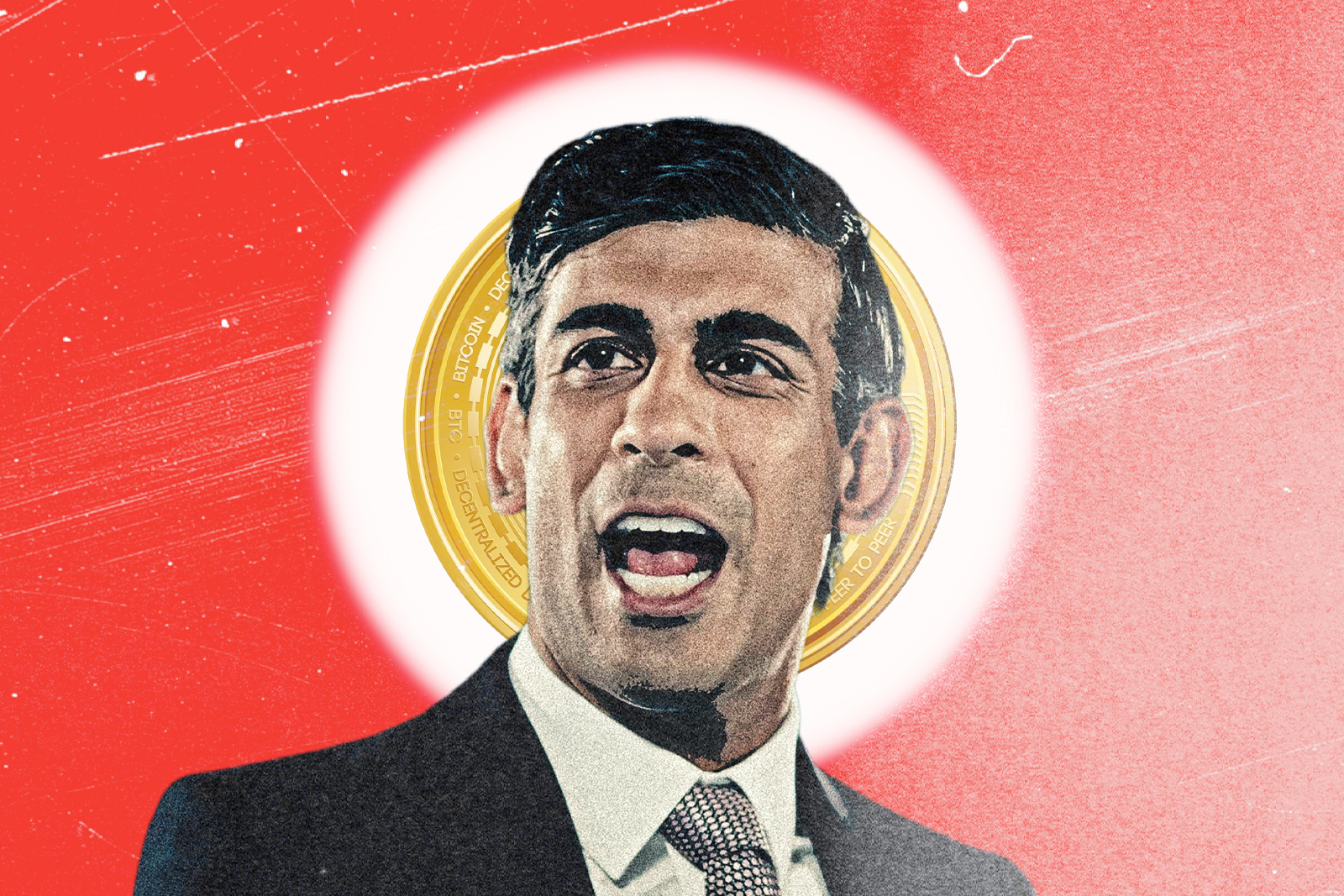
What Rishi Sunak Means for Crypto
The appointment of Rishi Sunak as prime minister is a positive sign for cryptocurrency adoption and the FinTech industry. The former UK Finance Minister replaced the short-lived prime minister, Liz Truss, when his only remaining opponent, Penny Mordaunt, withdrew after failing to reach the threshold of 100 nominating votes from Conservative Party lawmakers. It is expected that Sunak will pull Britain back to more mainstream policies that are popular with his party and more conservative British voters.
But what does it mean for crypto and blockchain technology? Rishi Sunak is known as a pro-crypto politician who advocates for blockchain and distributed ledger technologies. Earlier this year, Sunak announced his intention “to make the UK a global crypto-assets hub.”
While serving as the Chancellor of the Exchequer in 2021, Sunak proposed that the Treasury and the Bank of England put together a task force to explore the creation of a central bank digital currency. Speaking on the initiative back in April, Sunak said: “We want to see the businesses of tomorrow – and the jobs they create – here in the UK, and by regulating effectively we can give them the confidence they need to think and invest long-term.”
The first step of Sunak’s strategy would be introducing a “financial market infrastructure sandbox” to enable firms to experiment and innovate in crypto-asset technology. The next stage is to establish a crypto-asset Engagement Group, which will work closely with the industry and explore ways of enhancing the competitiveness of the UK tax system to encourage further development of the crypto-asset market. The initiative will be pegged on stablecoins which are a form of cryptocurrency that is linked to a fiat currency such as the dollar and therefore intended to maintain a stable value. The government has already taken some steps to regulate stablecoins so that the new technologies are ready to be used “reliably and safely.” The Financial Services and Markets Bill which allows local governments to regulate cryptocurrencies is now under review.
According to Simon Jones, CEO of Voltz Labs, the newly elected prime minister seems to be “more inclined to put in favorable [crypto] policies.” “To my knowledge, he is the politician in the UK who is [mostly] positive towards crypto, and he’s now the prime minister,” Jones said. “That is a positive thing for the sector.” Not only the UK, but European lawmakers, in general, aim to harmonize rules for crypto across the European Union.
As the Markets in Crypto-Assets regulation (MiCA) was introduced by the European Commission, more and more EU countries started to work on their own national digital currencies. This might be a sign that the world is on its way to digitalizing the economy. To keep up with the groundbreaking developments, other countries may implement some of the MiCA ideas. In such a way, governments would protect consumers against some of the risks associated with the investment in crypto-assets and open the door for other blockchain-based initiatives which can bring prosperity and innovations.

